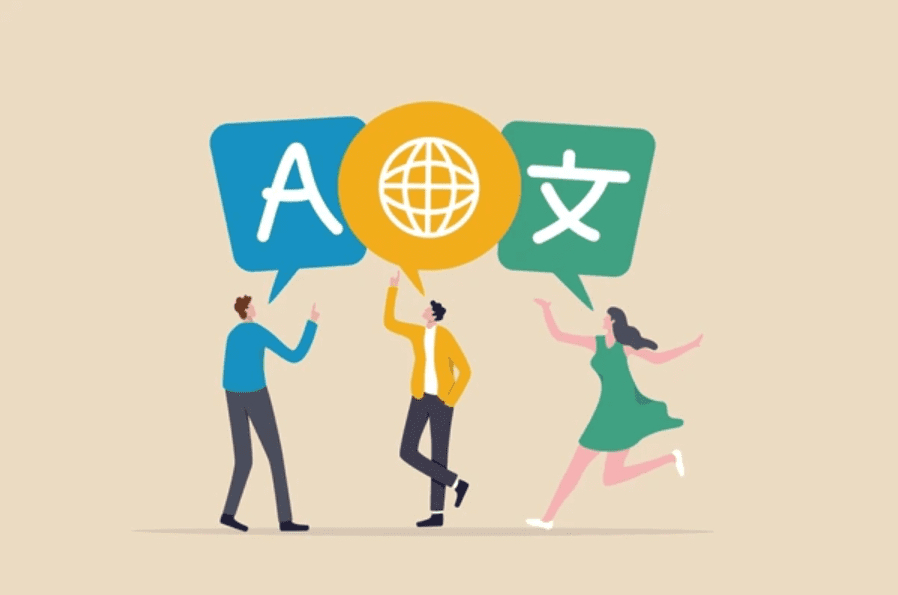
@ShahidNShah


AI’s transformative impact spans across industries– including healthcare. In the area of translation and interpretation services, we are witnessing the evolution of incorporating AI technologies while upholding critical standards for patient privacy and care.The integration of AI presents a delicate balance between the use of human oversight and the integration of AI technology.A fundamental distinction exists between non-clinical and clinical interpretation or translation within healthcare. Non-clinical tasks, such as general inquiries (“Where is the bathroom?”), are well-suited for solutions like Google Translate or other AI-driven language models. However, when navigating clinical interactions involving medical terminology and patient care, human involvement and the use of trained medical interpreters remain essential for equitable or quality limited English Proficiency (LEP) patient care.
There is the potential of AI to enhance efficiency and accessibility in non-clinical interactions, aiming to alleviate operational bottlenecks such as Patient Intake/Registrations.As the healthcare industry embraces AI-driven solutions, collaboration is especially important between language service providers, healthcare organizations, and regulatory bodies. Responsible technology adoption is always key for prioritizing patient care, and the use of AI is no different.
Continue reading at healthcareittoday.com
Value-based care is a breakthrough, which aims to reduce health-care costs while improving quality and outcomes. It will eventually affect every patient in the country. However, not everyone is on …
Connecting innovation decision makers to authoritative information, institutions, people and insights.
Medigy accurately delivers healthcare and technology information, news and insight from around the world.
Medigy surfaces the world's best crowdsourced health tech offerings with social interactions and peer reviews.
© 2026 Netspective Foundation, Inc. All Rights Reserved.
Built on Feb 18, 2026 at 4:17am